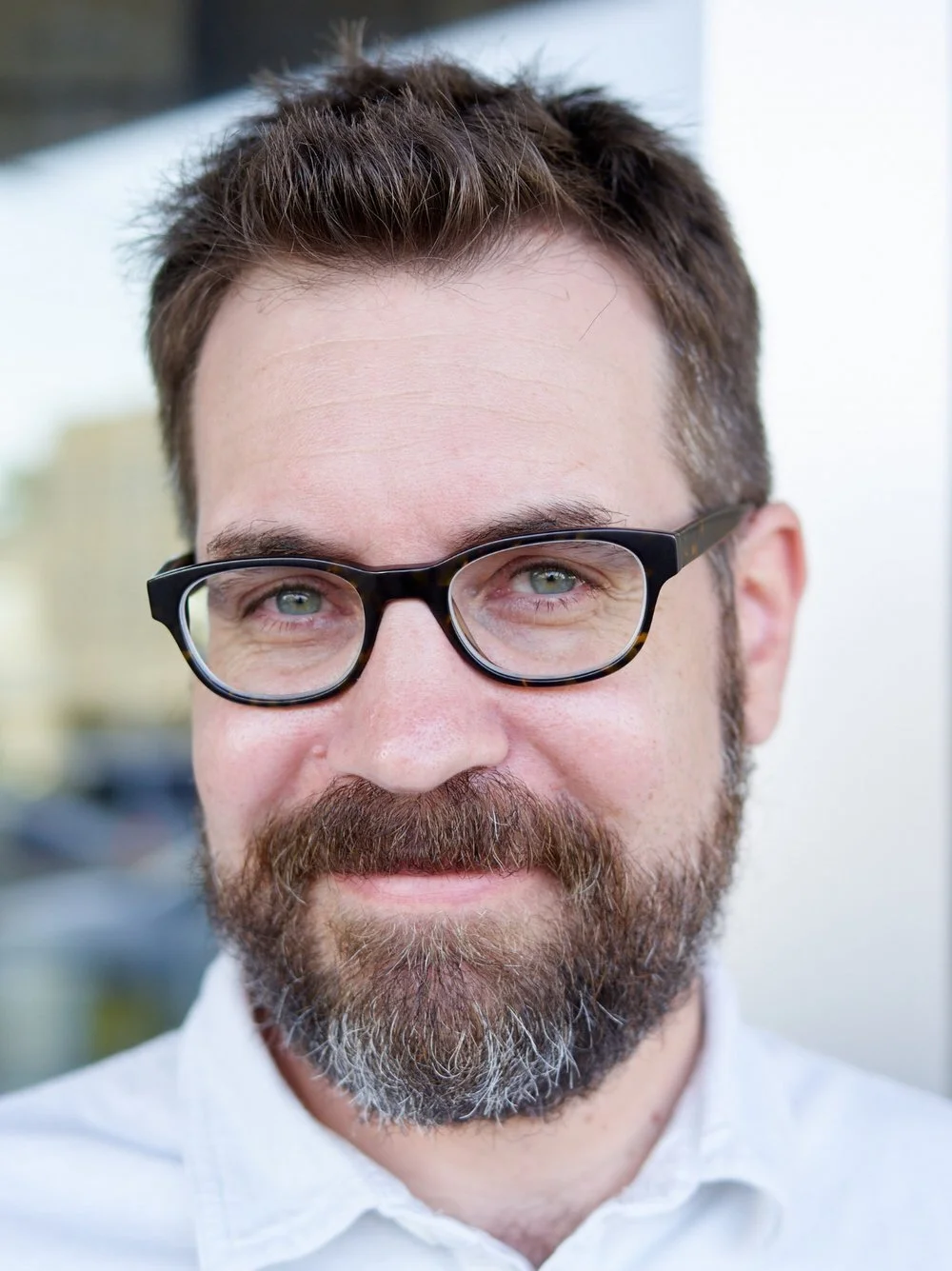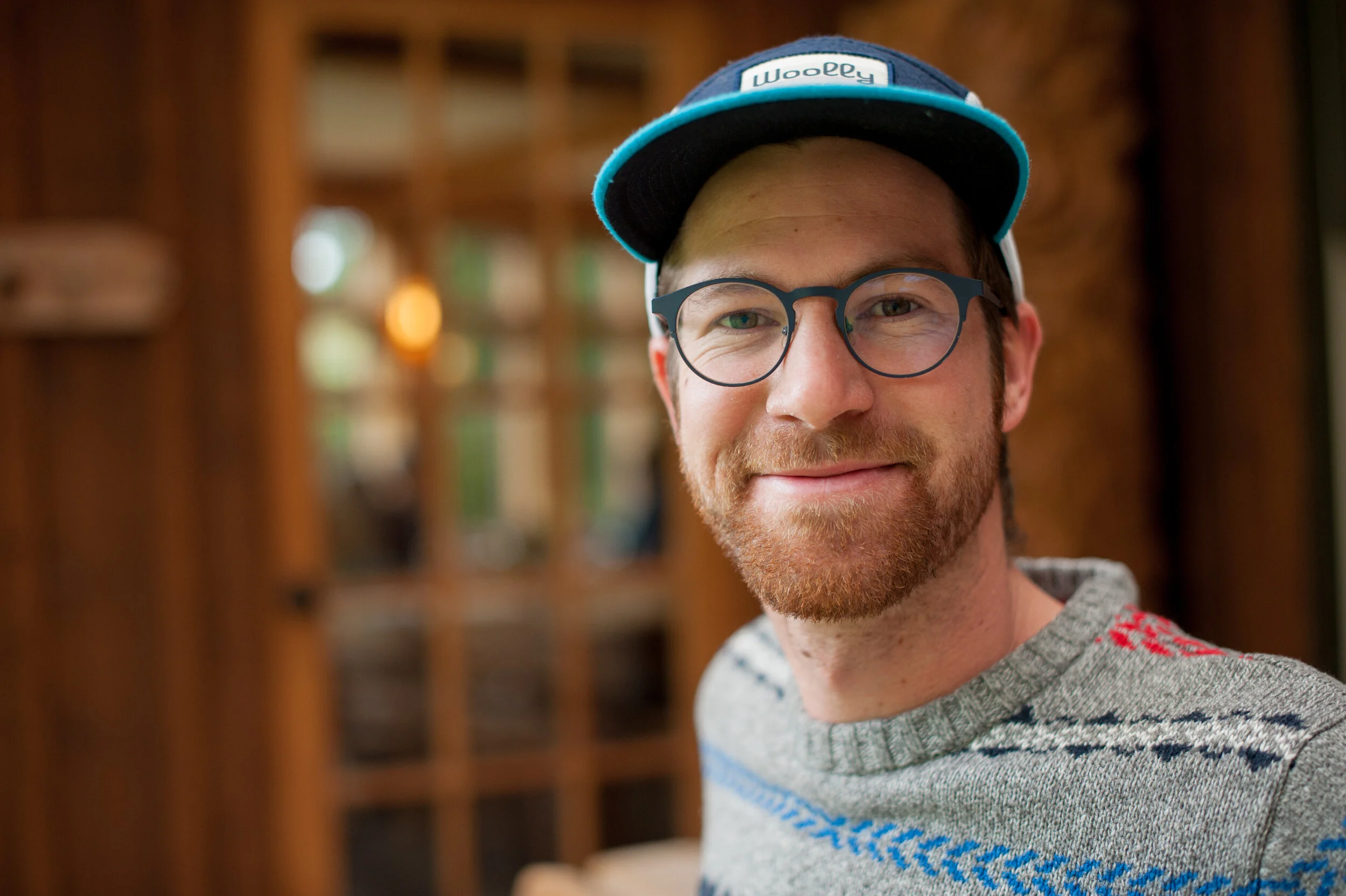Walking on Water: Madeline L’Engle on the Prayer and Work of Art
In Walking on Water, Madeline L’Engle approaches (with fear and trembling) the question of what it means to be a Christian artist. For L’Engle, there is no distinction between her Christian faith and her art; the disciplines than strengthen one, strengthen the other, and the distractions and temptations that draw her away from one weaken her in the other. The center of all true art, L’Engle believes, is God the Creator. The presence of the artist as creator is secondary to that center. The process of learning to “work through self,” as she puts it, is a key aspect of learning to be an artist. Only by working through ourselves, through diligence and consistency, can we hope to enter that realm in which we can, setting aside ourselves, begin to listen through our art to true Being: God.
Here are a few excerpts from this wonderful book. For further reading, the book is available here.
From Madeline L’Engle’s Walking on Water
“When I am constantly running there is no time for being. When there is no time for being there is no time for listening. I will never understand the silent dying of the green pie-apple tree if I do not slow down and listen to what the Spirit is telling me, telling me of the death of trees, the death of planets, of people, and what all these deaths mean in the light of love of the Creator, who brought them all into being, who brought me into being, and you.
“This questioning of the meaning of being, and dying and being, is behind the telling of stories around tribal fires at night; behind the drawing of animals on the walls of caves; the singing of melodies of love in spring, and of the death of green in autumn. It is part of the deepest longing of the human psyche, a recurrent ache in the hearts of all of God’s creatures.”
***
“Plato spoke of the necessity for divine madness in the poet. It is a frightening thing to open oneself to this strange and dark side of the divine; it means letting go of our sane self-control, that control which gives us the illusion of safety. But safety is only an illusion, and letting it go is part of listening to the silence, and to the Spirit.”
***
“As I listen to the silence, I learn that my feelings about art and my feelings about the Creator of the Universe are inseparable. To try to talk about art and about Christianity is for me one and the same thing, and it means attempting to share the meaning of my life, what gives it, for me, its tragedy and glory.”
***
“To paint a picture or to write a story or to compose a song is an incarnational activity. The artist is a servant who is willing to be a birth-giver. In a very real sense the artist (male or female) should be like Mary, who, when the angel told her that she was to bear the Messiah, was obedient to the command.”
***
“If the work comes to the artist and says, “Here I am, serve me,” then the job of the artist, great or small, is to serve. The amount of the artist’s talent is not what it is about. […] To serve should be a privilege, and it is to our shame that we tend to think of it as a burden, something to do if you’re not fit for anything better or higher.
“When the artist is truly the servant of the work, the work is better than the artist; Shakespeare knew how to listen to his work, and so he often wrote better than he could write. […] When the work takes over, then the artist is enabled to get out of the way, not to interfere. When the work takes over, then the artist listens. But before he can listen, paradoxically, he must work. Getting out of the way and listening is nothing something that comes easily, either in art or in prayer.”
***
“Before I can listen to God in prayer, I must fumble through the prayers of words, of willful demands, the prayers of childish “Gimmes,” of “Help mes,” of “I want…” The prayers of words cannot be eliminated. And I must pray them daily, whether I feel like praying or not. Otherwise, when God has something to say to me, I will not know how to listen. Until I have worked through self, I will not be enabled to get out of the way.
“[…] This applies, too, to art of all disciplines. We must work every day, whether we feel like it or not; otherwise when it comes time to get out of the way and listen to the work, we will not be able to heed it.”
Jane Scharl writes poetry and loves to share her love of classic poetic forms. Her prose can be found in Crisis Magazine, National Review Online, The American Conservative, The Intercollegiate Review, InEarnest Magazine, and Comment Magazine.
Read More from the Centric Genius series
The modern romantic ideal of the artist is the eccentric genius; a loner, an outcast, different from everyone else. But no Christian exempted from the call to love his neighbor. This series explores the ingredients and avenues with which artist Christian can be a thriving part of the Body of Christ. View the whole series.











